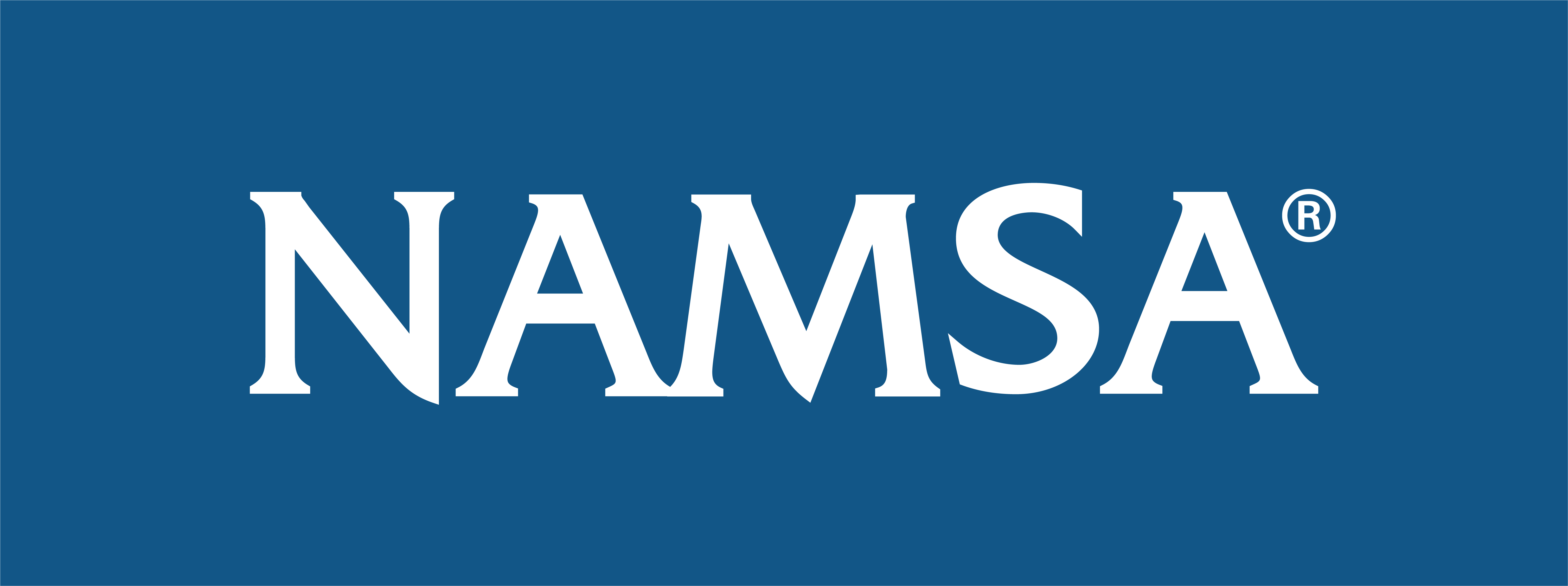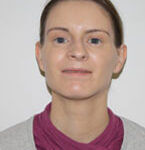Biological Equivalency: When is “same” the same?

In this episode, our hosts are joined by NAMSA Toxicologist, Michelle Kelly, to discuss the ever-elusive biological equivalency claim. The discussion focuses on how to maintain the balance of the risk and benefit of a medical device without stalling innovation. We also explore equivalency and how it is not only a key concept to the risk analysis, but also a challenging concept to prove.
Discussion points include:
- Equivalence in the 10993 Series, including ISO 10993-18 Annex C
- Equivalence under the MDR
- Variances in the EU from one Notified Body to another
- Challenges with demonstrating and establishing overall MDR equivalence
- The concept of “same” and how it is interpreted by regulators
“This is often a controversial topic.” – Sheri Krajewski
“You not only have to think about equivalency per 10993-1, but also think about it as one aspect of equivalency that is sitting in the MDR.” – Don Pohl
“Equivalency is one of the key principles that sits in 10993-1.” – Don Pohl
“To think of equivalence as a concept rather than an equation is the best thing to do.” – Michelle Kelly
“We have that word “same” sneaking up on us. I can see that being interpreted differently by reviewers and regulators.” – Don Pohl
“When we developed it [Annex C of 10993-18], we were trying to define toxicological equivalence to help out the working group writing 10993-17.” – Michelle Kelly
*Please note that the opinions discussed throughout the podcast are their own and do not reflect that of their current or former employers.
Also be sure to check out our Biocompatibility Strategy Navigator.



